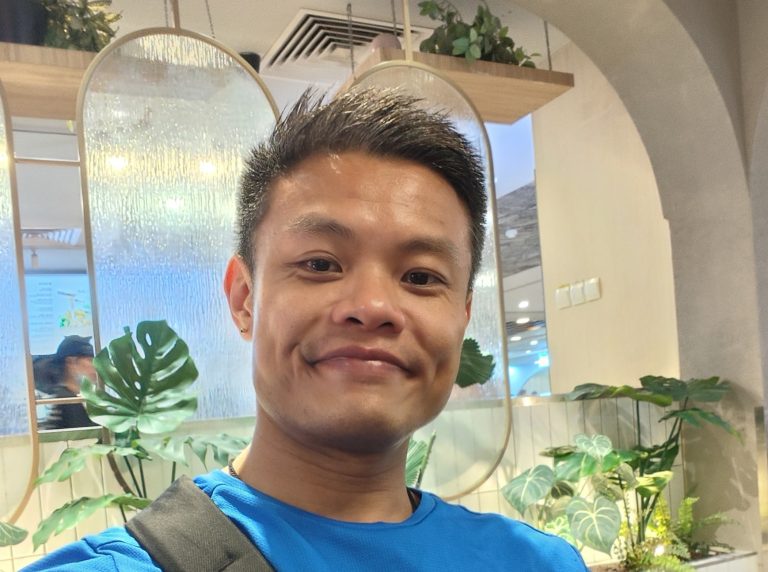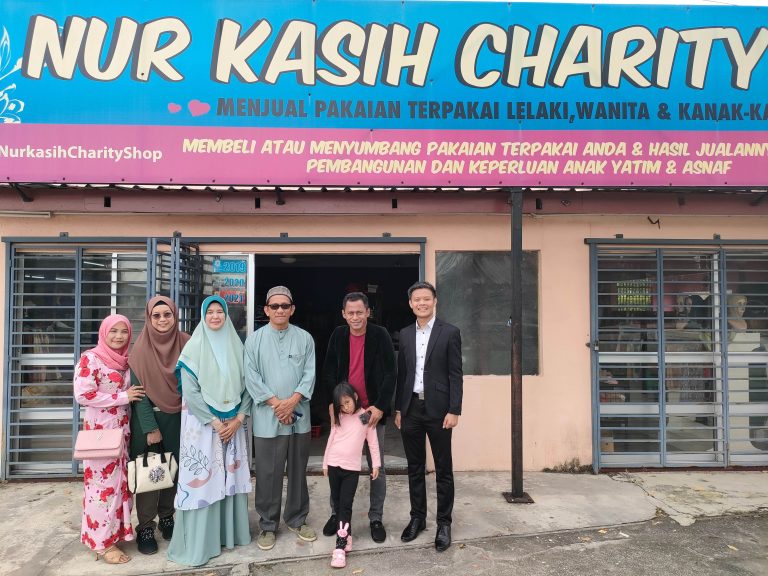Honouring Our Legacy, Inspiring the Future: Reflections from the Eng Teng Association 永定会馆 (Yǒng Dìng Huì Guǎn) Scholarship Awards and Luncheon Ceremony + (陈氏,Chen Family)

Honouring Our Legacy, Inspiring the Future: Reflections from the Eng Teng Association 永定会馆 (Yǒng Dìng Huì Guǎn) Scholarship Awards and Luncheon Ceremony + (陈氏,Chen Family)
Last weekend, I had the privilege of attending the Eng Teng Association 永定会馆 (Yǒng Dìng Huì Guǎn) Scholarship Award Presentation and Luncheon Ceremony. It was an occasion where generations—both young and old—gathered to celebrate not just academic and conduct excellence but also our shared Hakka heritage.
As I looked around the hall, seeing many families carrying surnames like 胡 (Hú), 曾 (Zēng), and 赖 (Lài), I was reminded of our ancestral home, 光復楼 (Guāng Fù Lóu)—the iconic tulou 土楼 (Tǔ Lóu) built by our forefathers. This earthen structure with more than 50 rooms served as a home, fortress, and community hub for hundreds of years, providing security and fostering unity for our people in Fujian Province, 福建省, China.

A Tribute to Our Leaders and Organizers
I would like to extend my heartfelt appreciation to our current Chairman, 胡建银先生 (Hú Jiàn Yín Xiān Shēng), whose wisdom and leadership continue to guide the Eng Teng Association forward. A special tribute also goes to our former Chairman, 曾宪民先生 (Zēng Xiàn Mín Xiān Shēng), PBM, a highly successful entrepreneur, founder of a listed company, and a respected leader who holds multiple key appointments across Singapore’s Chinese clan associations including Nanyang Hakka Federation (南洋客属总会) and Singapore Federation of Chinese Clan Associations (新加坡宗乡会馆联合总会).
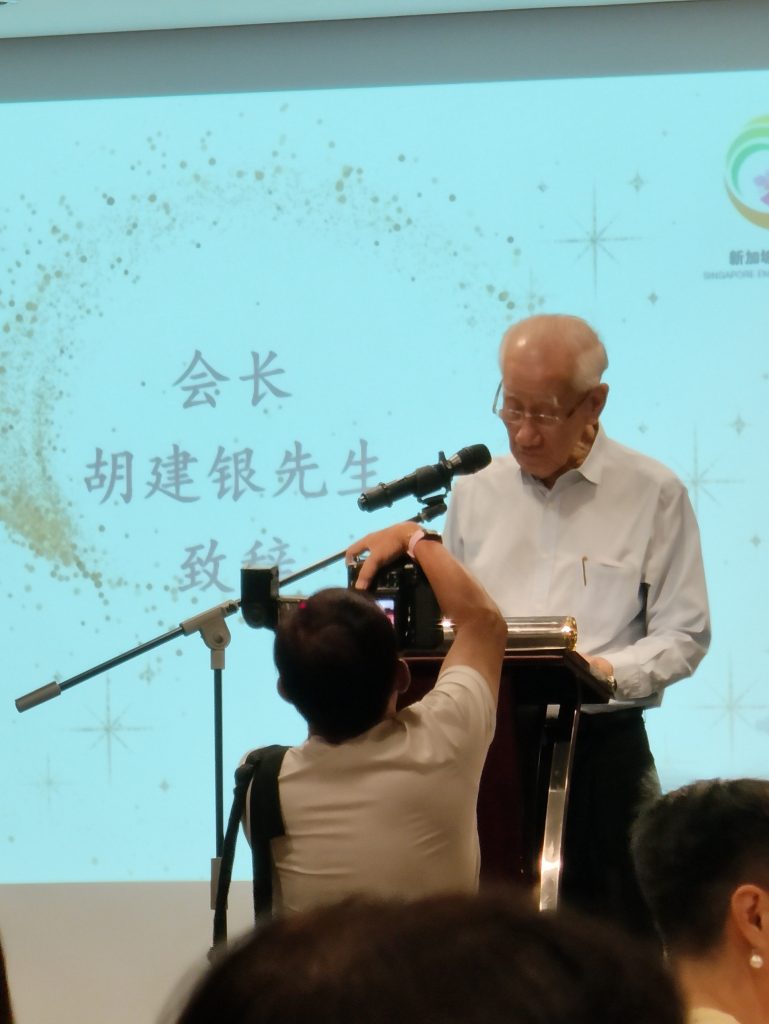
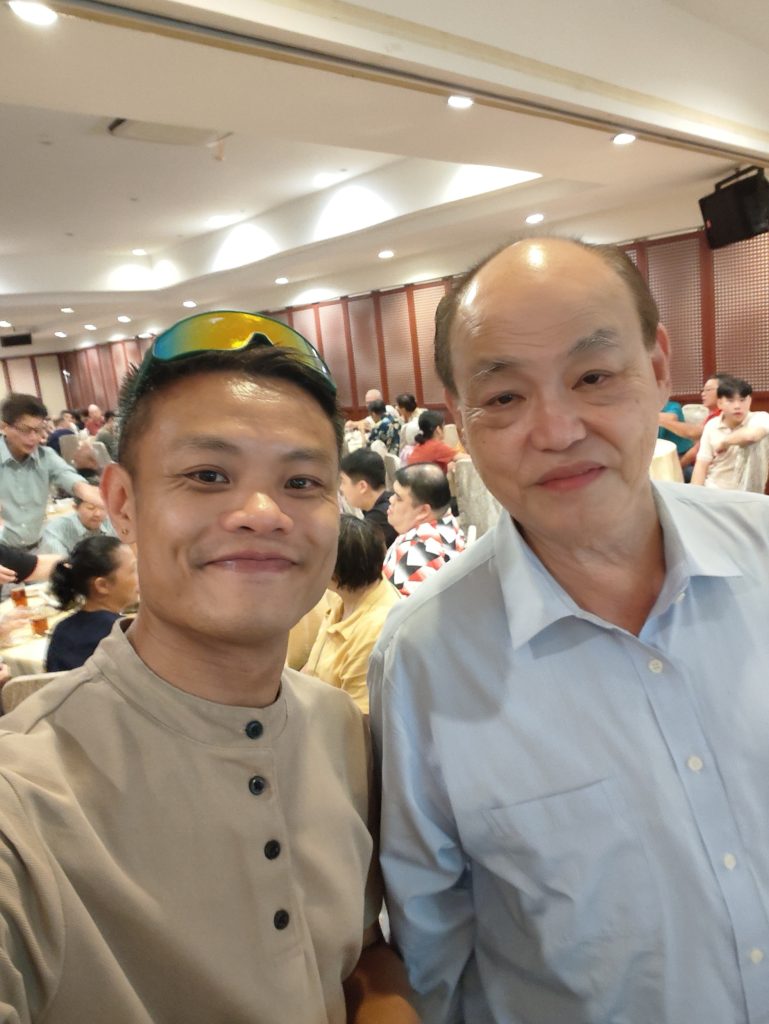
Their tireless dedication, along with the efforts of our committee members and organizing team, made this luncheon an overwhelming success. It was a gathering that reflected the strength of our community and the enduring values passed down from generation to generation.
Congratulations to all the scholarship award recipients for excelling not only in your studies but also in your conduct. You are the pride of our association and a source of hope for the future.

The Hakka: Guest People with an Enduring Legacy
Our Hakka identity as the “Guest People” 客家 (Kè Jiā) comes from a long history of migration, resilience, and adaptability. We trace our roots to the State of Chen 陈国 (Chén Guó), whose people were forced to migrate after the state was invaded by the State of Chu 楚国 (Chǔ Guó) around 479 BCE during the early Warring States Period 战国时期 (Zhàn Guó Shí Qī) [1].
For nearly 500 years, the descendants of Duke Hu of Chen 陈胡公 (Chén Hú Gōng) ruled peacefully. Duke Hu was conferred his title by the Zhou Dynasty 周朝 (Zhōu Cháo), and his personal name was 胡公满 (Hú Gōng Mǎn). He was the founding ruler of the State of Chen (陈国 Chén Guó). As a result, many citizens took on the Chen (陈 Chén) surname, while others retained Hu (胡 Hú), depending on lineage and ancestral records.

Today, 陈 (Chén) ranks as the fourth most common Chinese surname worldwide, while 胡 (Hú) ranks as the eighth largest surname group in China [2]. Together, the combined global population of 陈 (Chén) and 胡 (Hú) descendants is estimated to exceed 100 million people.
Wouldn’t it be remarkable if the 陈 (Chén) and 胡 (Hú) clans joined hands once more—as we did in the days of old—to inspire global unity, collaboration, and progress?
Preserving Our Roots in a Modern World
In today’s Western-influenced, individualistic world, it may seem unusual to emphasize clansmanship 宗族 (Zōng Zú), blood ties 血缘 (Xuè Yuán), and ancestral lineage 家谱 (Jiā Pǔ). However, in Chinese culture, these elements are still central to our sense of identity and continuity.
Many clans, including our own, have meticulously preserved family records—towering tomes containing the names and histories of our ancestors, carefully recorded over hundreds and even thousands of years.
One particularly inspiring example is 陈永和 (Chén Yǒng Hé), a Singaporean who sponsored the rebuilding of Duke Hu’s Mausoleum 胡公墓 (Hú Gōng Mù) in Huaiyang 淮阳 (Huái Yáng), Henan Province (河南省 Hénán Shěng). According to records, Duke Hu’s tomb was crafted from metal 金属 (Jīn Shǔ) and buried within a swamp 沼泽 (Zhǎo Zé). This unusual method likely served as protection against tomb raiders, and it aligned with fengshui 风水 (Fēng Shuǐ) principles to ensure blessings and prosperity for his descendants.


A Legacy Intertwined, A Future Shared
The histories of the 陈 (Chén) and 胡 (Hú) clans are inseparable. Both trace their ancestral roots to 淮阳 (Huái Yáng), today a district in 周口市 (Zhōu Kǒu Shì), 河南省 (Hénán Shěng), China. With over 100 million descendants worldwide, we are a formidable community with a rich legacy and a promising future.
As members of the Eng Teng Association 永定会馆 (Yǒng Dìng Huì Guǎn) and the wider Hakka 客家 (Kè Jiā) community, we have inherited a legacy of resilience, unity, and compassion. It is our responsibility to preserve, nurture, and pass on these values to the next generation.
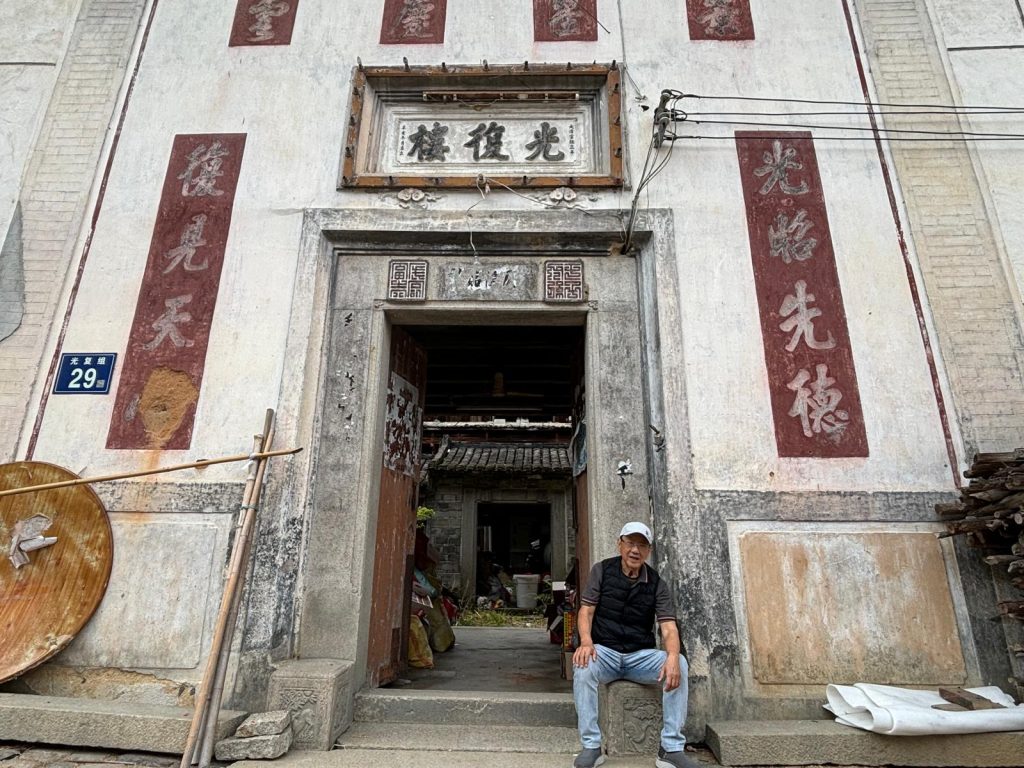
Our gathering was a poignant reminder that no matter where we are in the world, we remain united by a shared history—rooted in 光復楼 (Guāng Fù Lóu), 土楼 (Tǔ Lóu), and our clan halls 宗祠 (Zōng Cí). Our legacy is not merely one of survival but of strength, wisdom, and leadership.
Closing Reflection
May we continue to draw inspiration from our past and carry forward the torch of unity, resilience, and excellence that has defined the 陈 (Chén) and 胡 (Hú) families for over two millennia.
P.S: Eng Teng, 永定 (Yǒng Dìng) is located in Fujian Province, 福建省,Southern China.
Mar Vin Foo, Founder & Chief Partner Officer, Haily Top Voice in Corporate Sustainability | Circular Economy Advocate
#EngTengAssociation #永定会馆 #HakkaHeritage #客家 #陈胡共荣 #ClanUnity #TraditionAndFuture #ChineseCulture #SustainabilityInHeritage #陈国 #胡公满 #光復楼 #宗族 #Huaiyang #Henan #中国文化
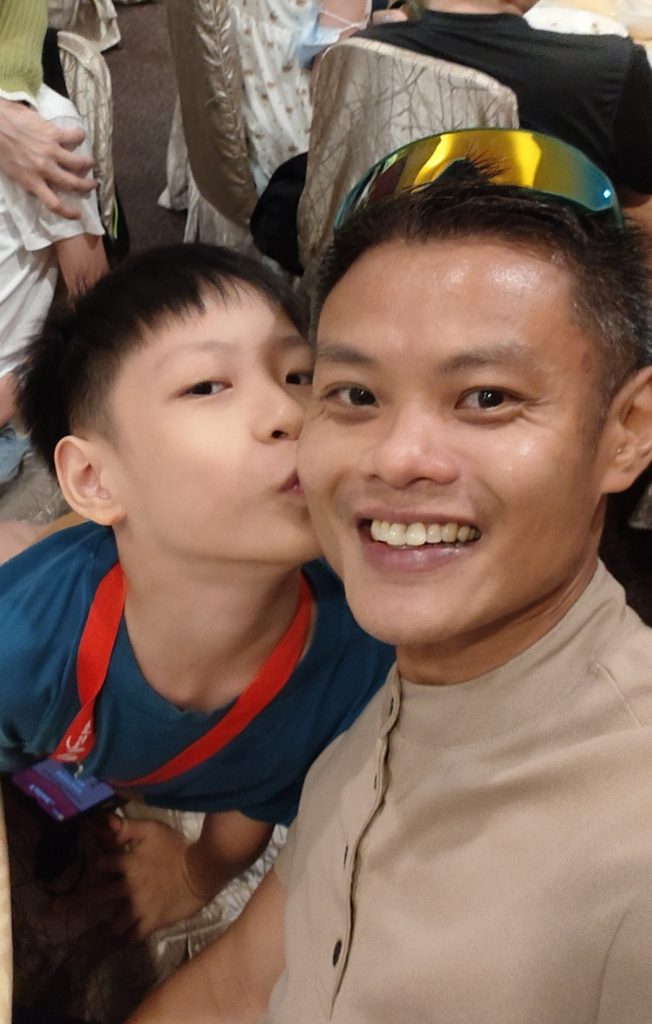
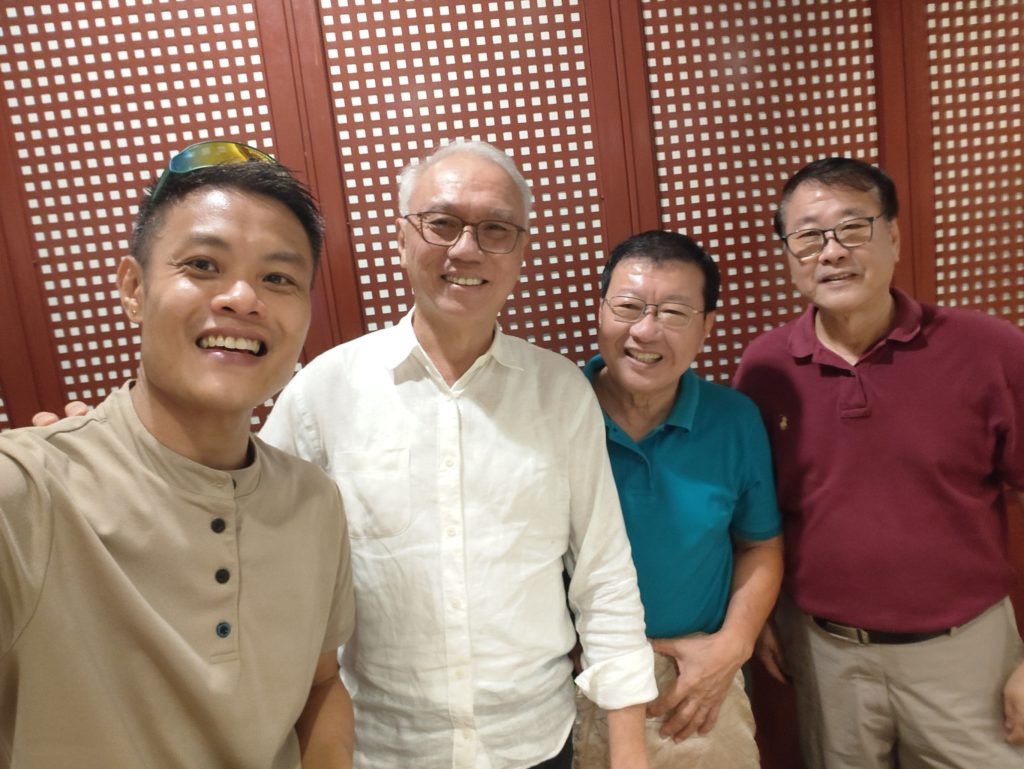
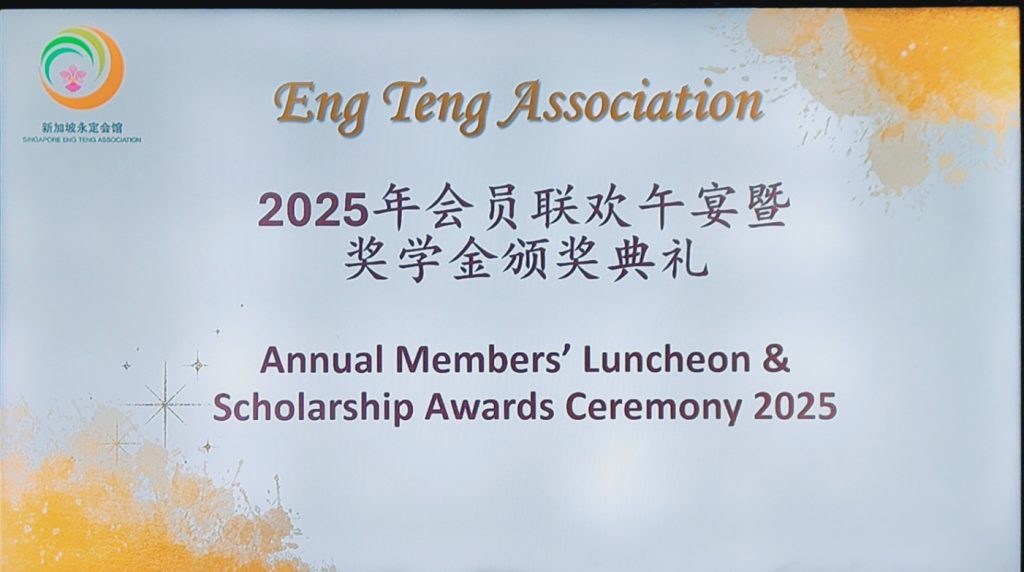
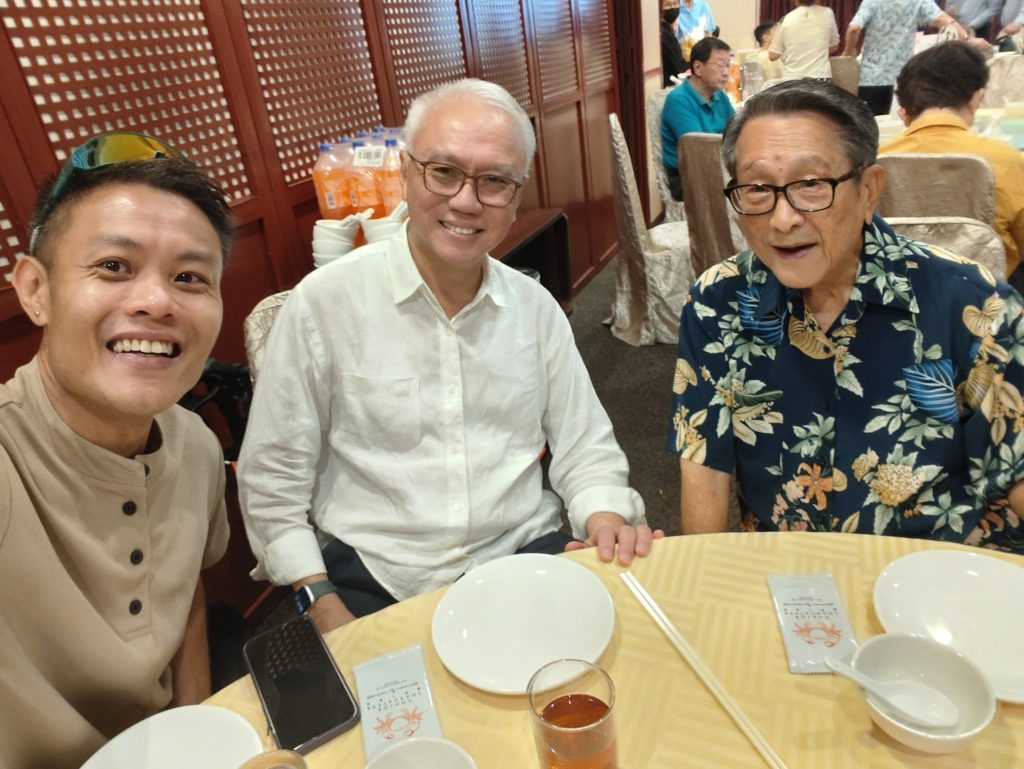
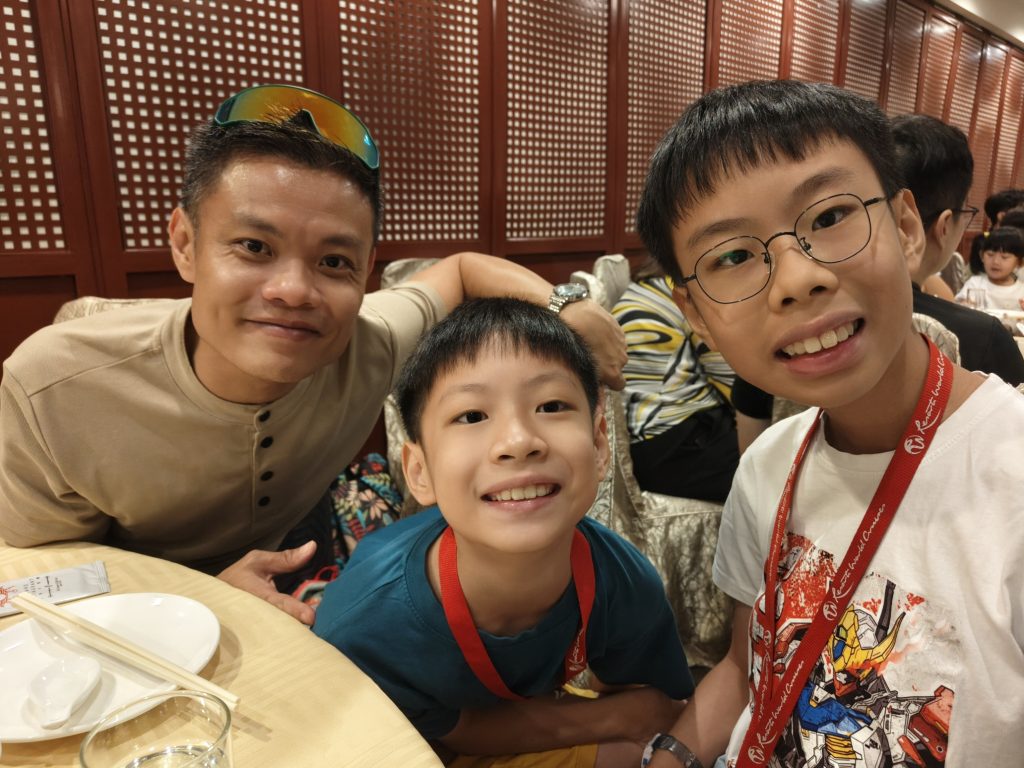
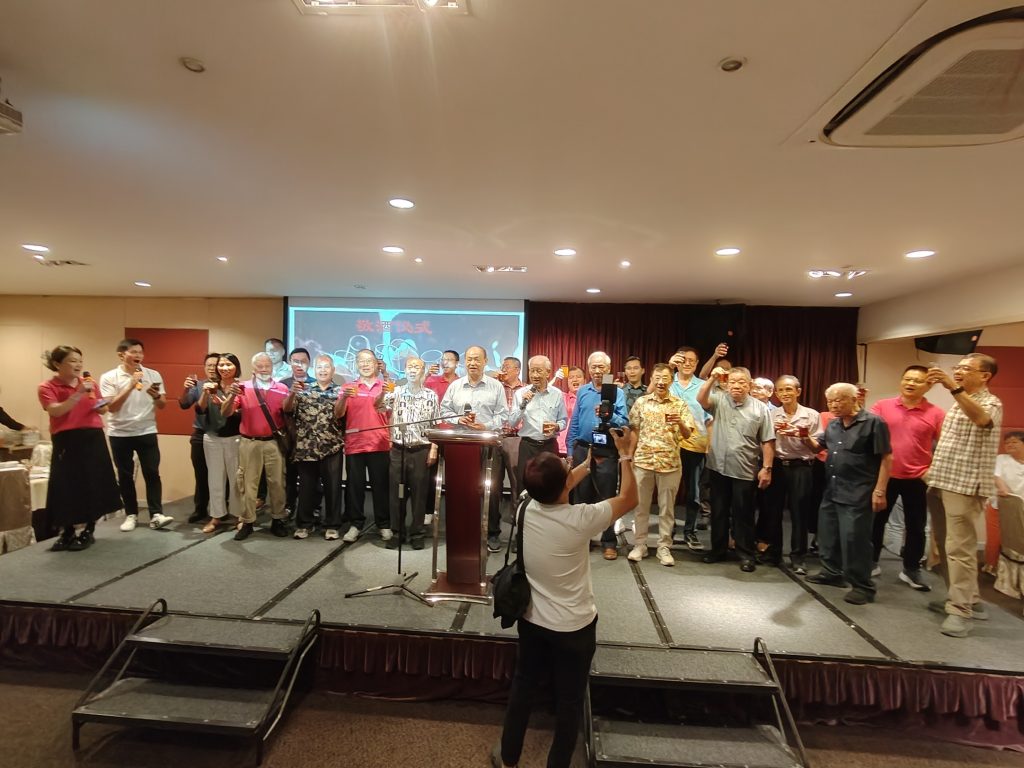
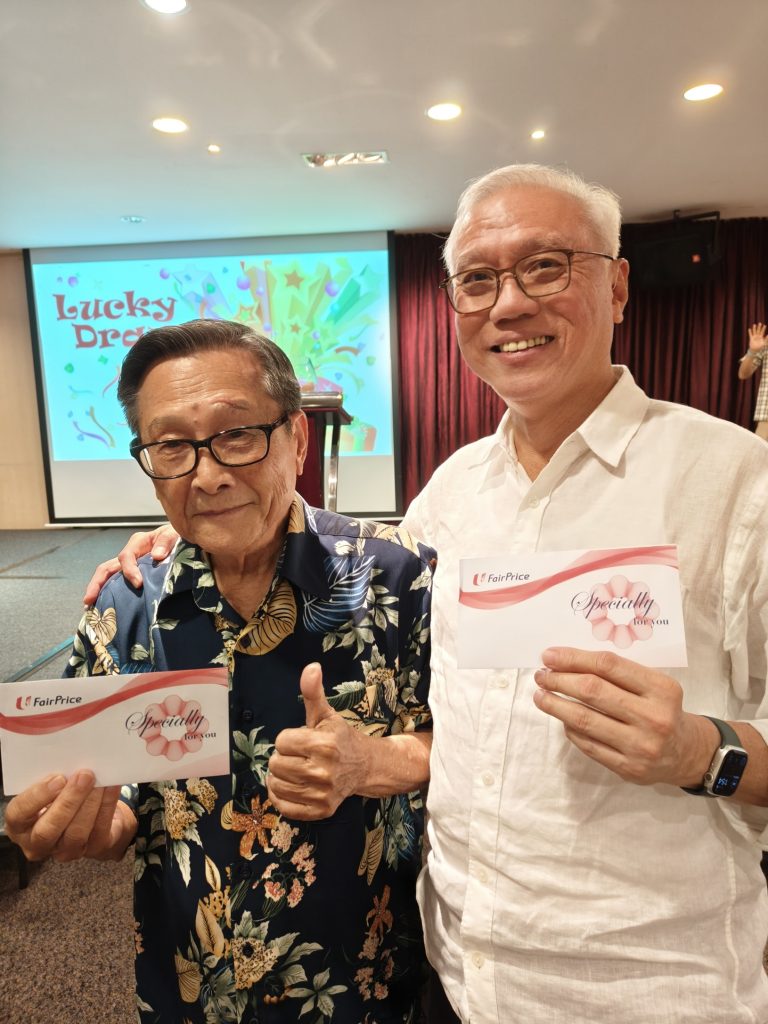
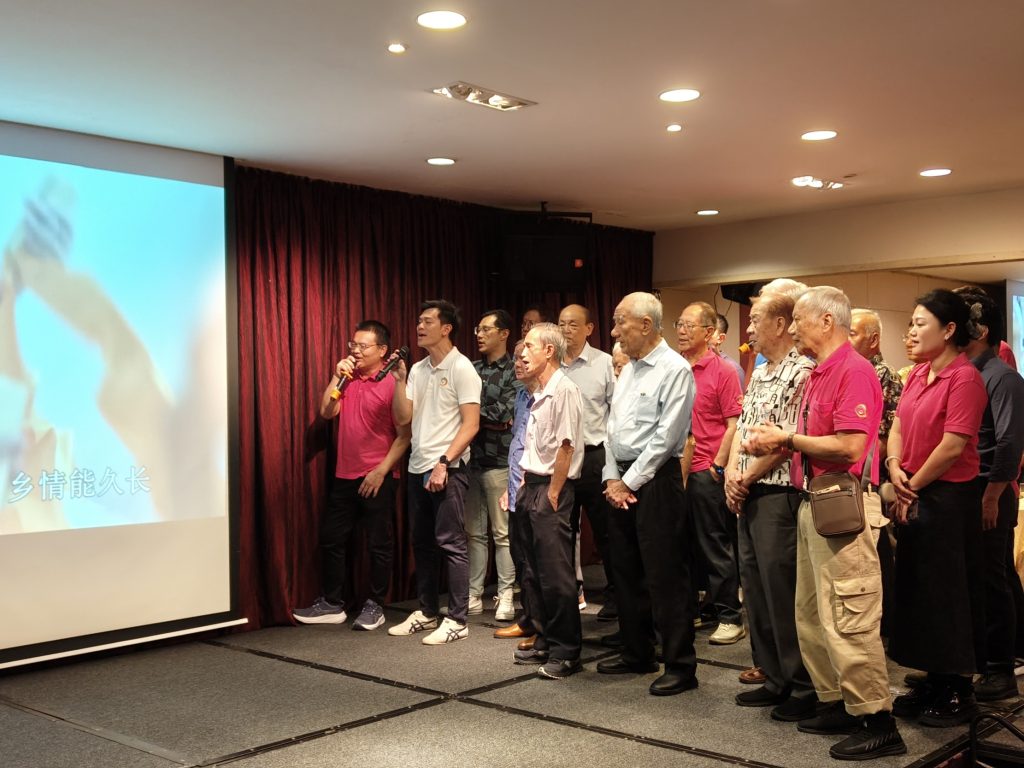
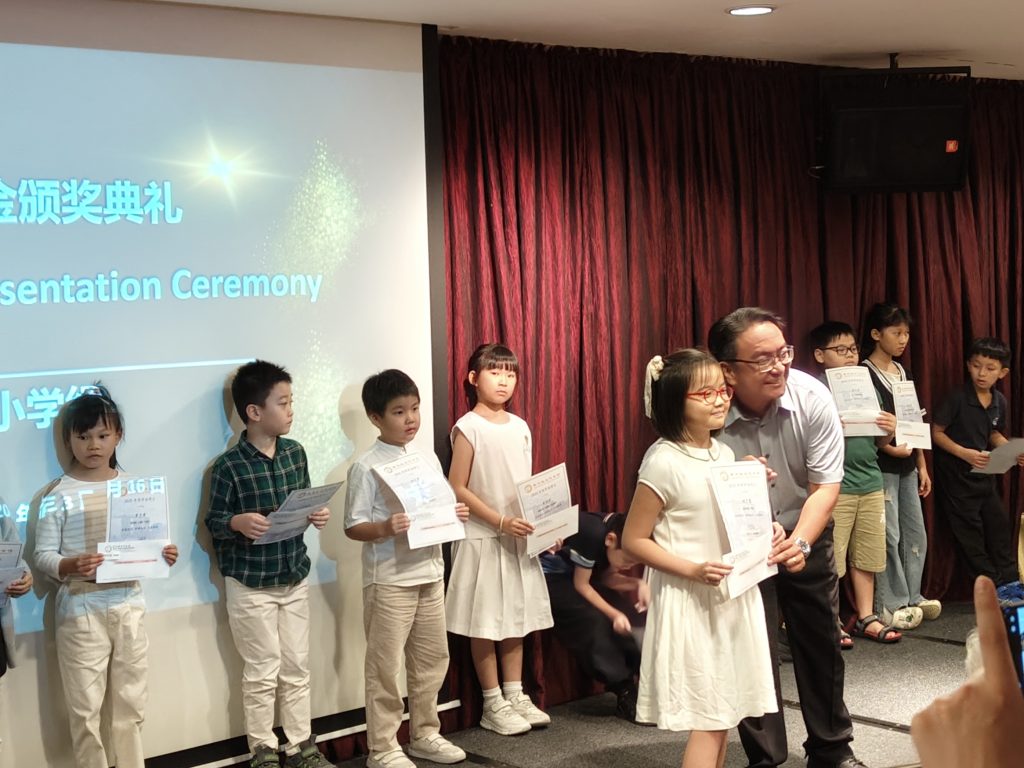
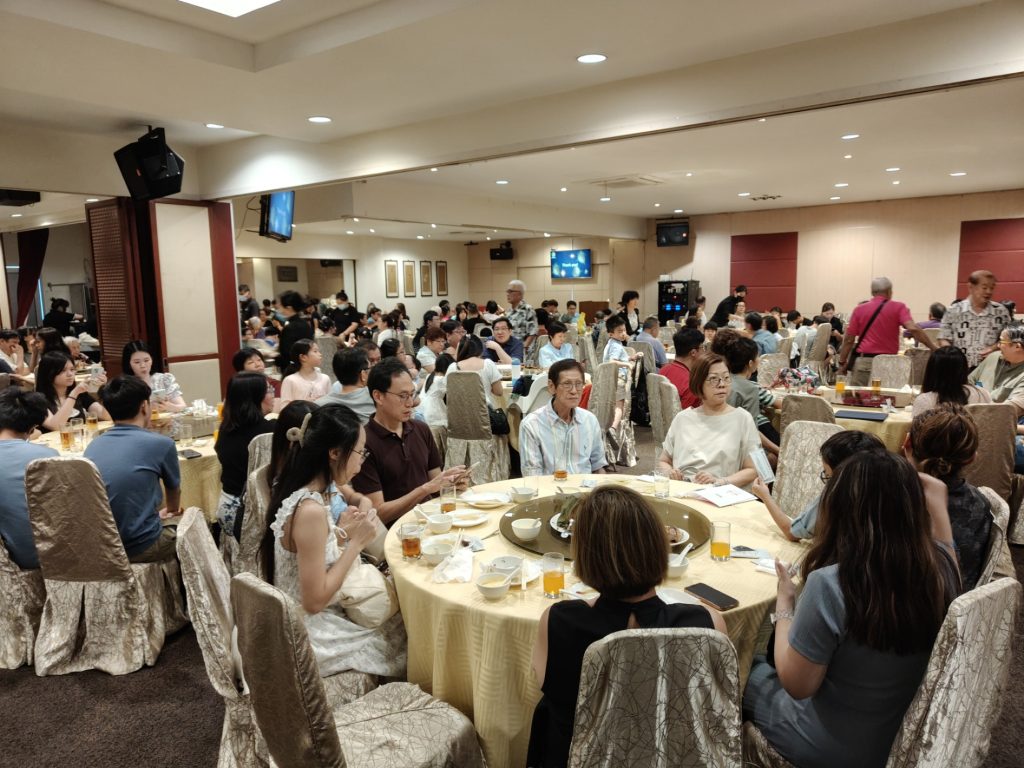
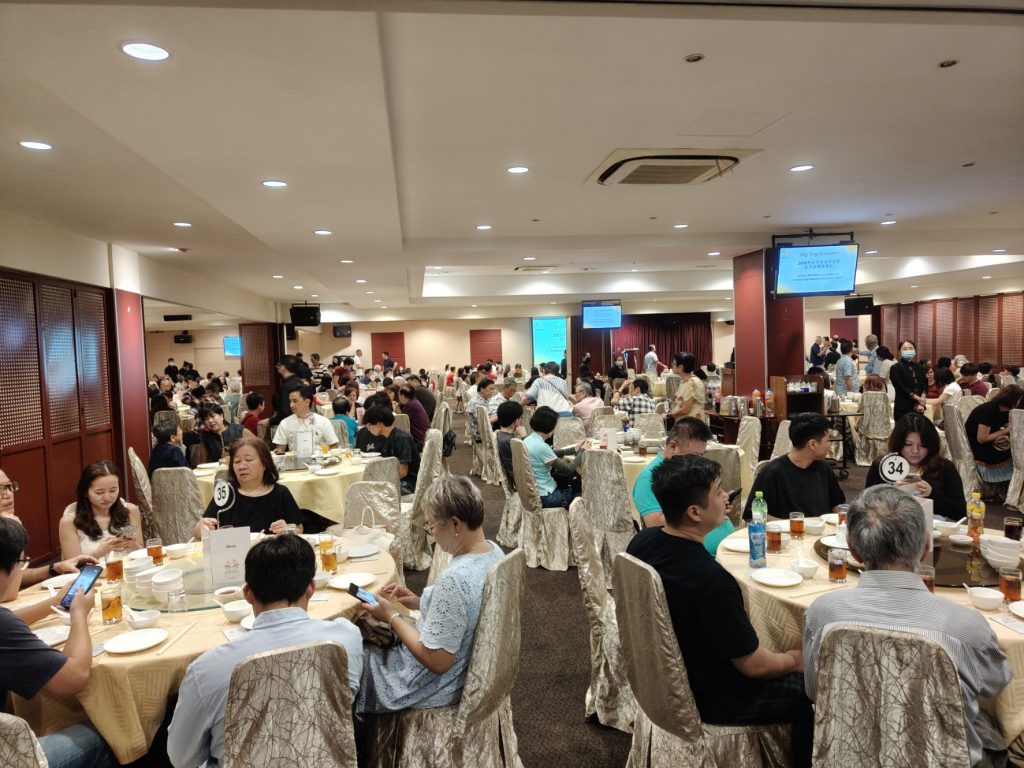
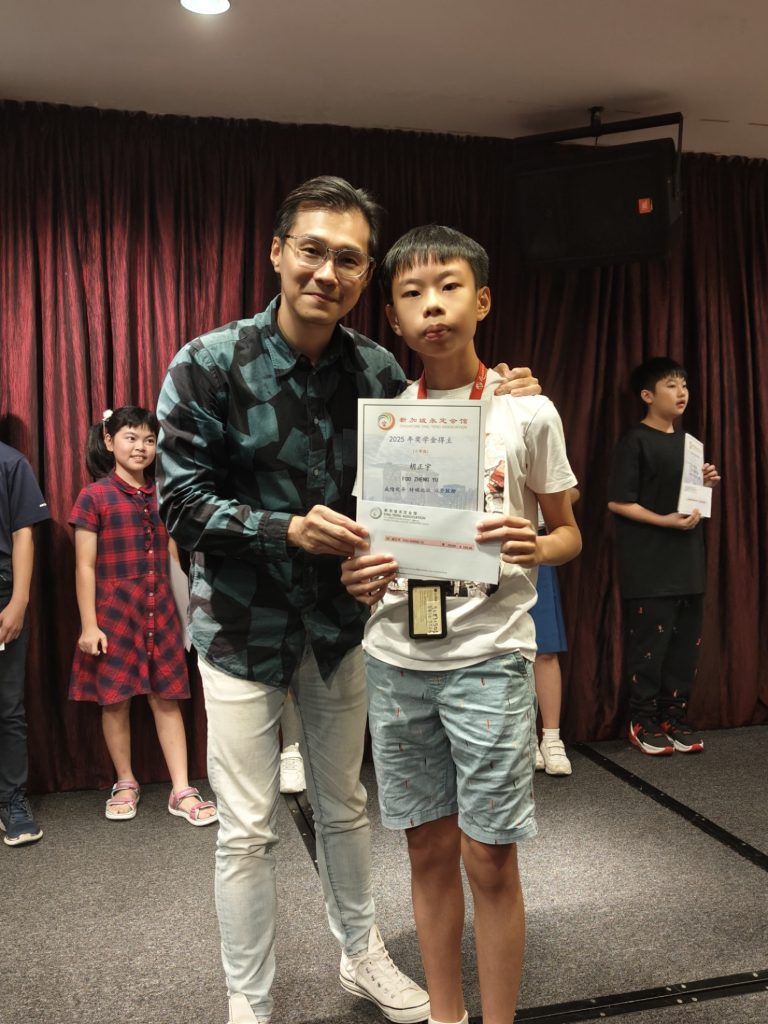
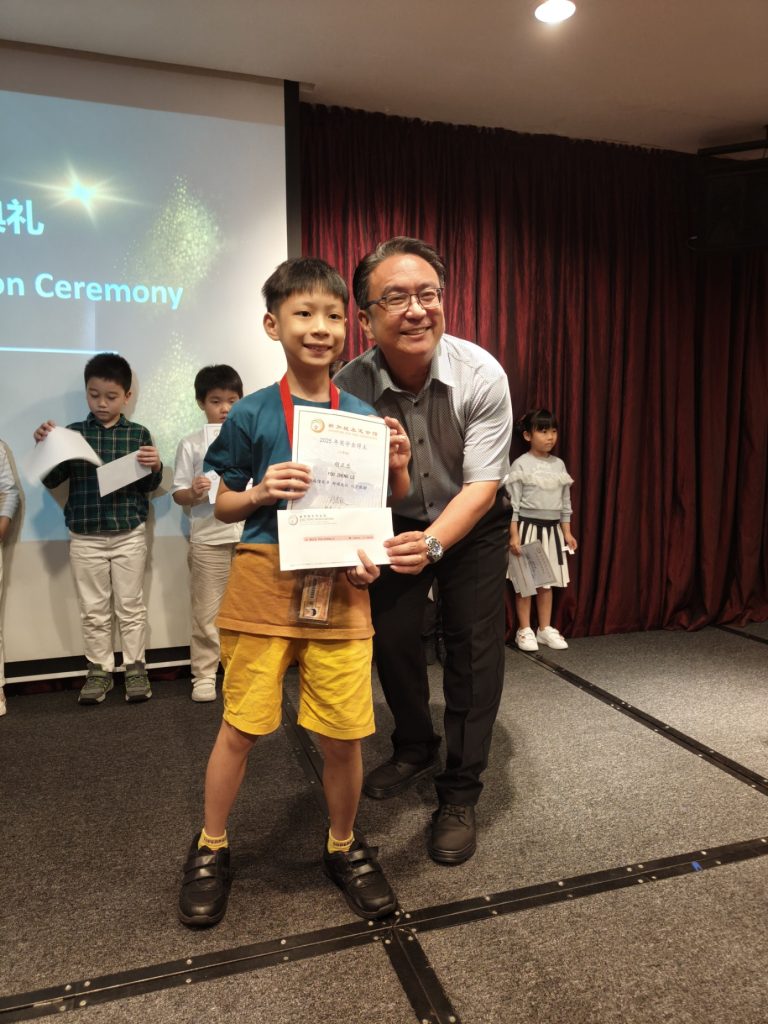
References with URLs
- 《史记·陈杞世家》 (Records of the Grand Historian – “The Hereditary House of Chen and Qi”) Digital archive (Chinese): http://www.guoxue.com/shibu/24shi/shiji/sj_036.htm English summary on Wikipedia (for context): https://en.wikipedia.org/wiki/Records_of_the_Grand_Historian
- Ministry of Public Security, China (公安部): Top 100 Chinese Surnames Report, 2020 News report summarizing data (Chinese): https://news.cctv.com/2020/01/20/ARTI1rcvTeL7nZZQybsnPYjS200120.shtml English reference (China Highlights summary of common surnames): https://www.chinahighlights.com/travelguide/chinese-culture/chinese-surnames.htm
- 中华姓氏大辞典 (Zhōnghuá Xìngshì Dà Cídiǎn) – Comprehensive Dictionary of Chinese Surnames Available in print: ISBN 9787101025171 Overview and summary (Chinese): https://baike.baidu.com/item/中华姓氏大辞典/1876748
- Huaiyang 淮阳 (Huái Yáng) and Henan 河南 historical records on Duke Hu’s Mausoleum 胡公墓 (Hú Gōng Mù) Local government introduction (Chinese): https://www.zhoukou.gov.cn/xxgk/hbsq/hybj/202101/t20210113_2143046.html Wikipedia (general information on Huaiyang): https://en.wikipedia.org/wiki/Huaiyang_District
- Hakka Tulou (土楼 Tǔ Lóu) – UNESCO World Heritage Centre https://whc.unesco.org/en/list/1113/ Fujian Tulou introduction (English): https://www.chinahighlights.com/xiamen/attraction/fujian-tulou.htm
- Articles and reports on 陈永和 (Chén Yǒng Hé) sponsoring Duke Hu’s Mausoleum renovation**
This article can be found at LinkedIn via this URL.
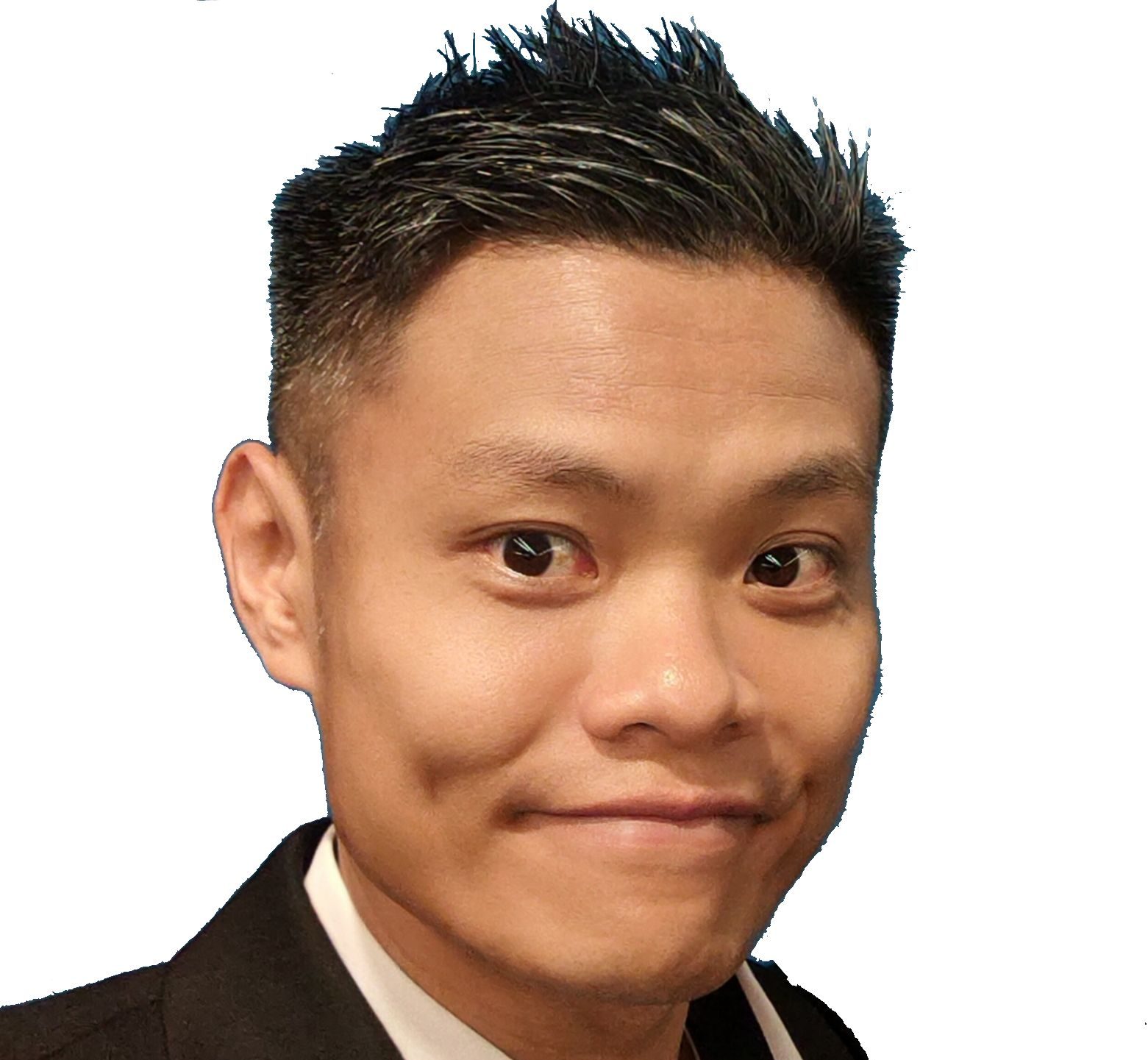
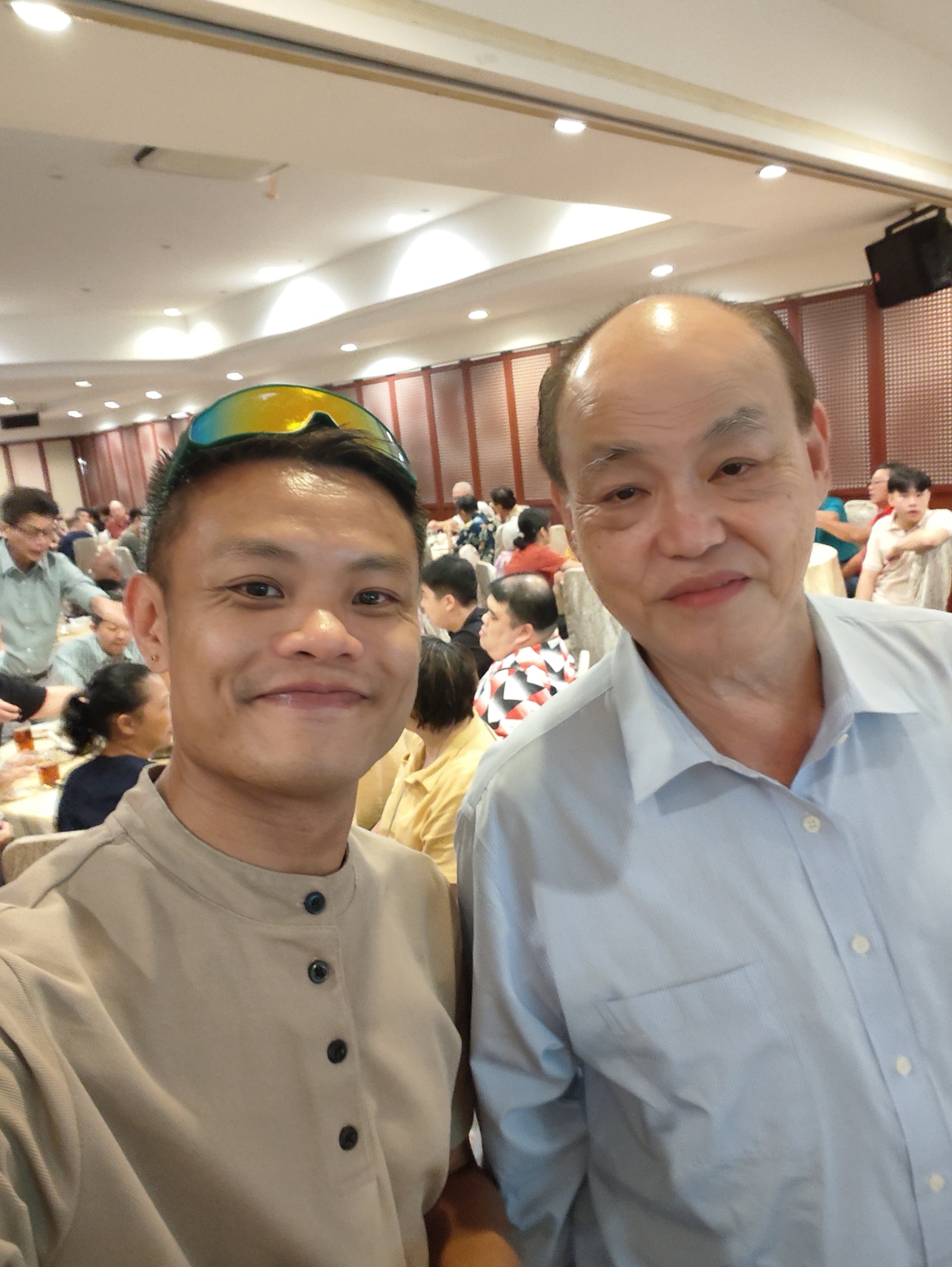



![[AI in Our Language: Why Southeast Asia Must Not Be Left Behind]](https://marvinfoo.com/wp-content/uploads/2025/04/IMG20250415160349-768x577.jpg)
